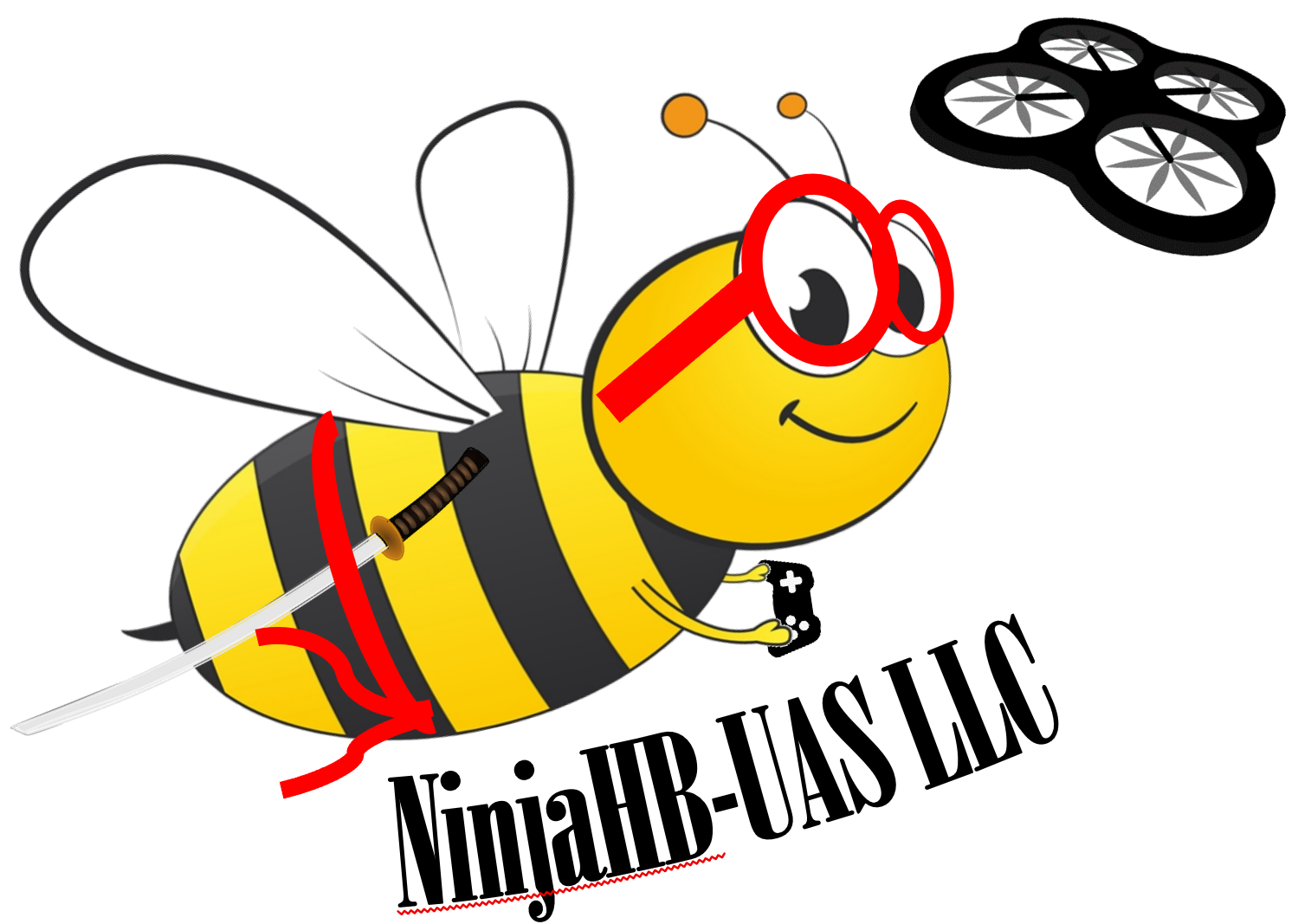In The Community
NinjaHB-UAS pilots were assisting Laurel Ridge Community College professor of computer science, Dr. Stange, at the 2For2 Foundation Challenge on Saturday, October 28. While Dr. Stange talked about the variety of drones that the college has in their swarm and doing commercial demonstrations, our pilots were helping younger future pilots fly mini drones in a secure tent and getting comfortable with more advance starter drones. You can read more about these world record activities at: https://www.winchesterstar.com/winchester_star/group-may-have-scooped-world-record/article_bfed7a20-42eb-5dd0-8b3f-b1c0dcff03a2.html.
While some see these mini drones as “toys”, they are still flying computer systems with cameras that have the potential to violate privacy laws, cause harm, and interfere with military operations. Yet they provide excellent teaching opportunities and are easy to transport throughout the community. Not only do we build a young flyers confidence and interest, we are keeping the airspace safe by containing them in an enclosure. Our small obstacle course provides more skilled novice to fly the DJI Tello or Hubsan Nano drones, while improving their drone control in an open air environment. As they sore through the hoops, trees, tubes, and squares they are learning control, trimming, awareness, and safety. We talk with them about responsibility of drone ownership and FAA requirements of recreational flyers.
We are finding that so many recreational pilots do not realize that they must complete their TRUST – Safety Test and carry it with them as recreational pilots. We strive to inform all recreational pilots of this. You can find more details at https://www.faa.gov/uas/recreational_flyers/knowledge_test_updates. If your drone weighs more than .55 pounds (lbs), you must register your drone through the FAA’s Drone Zone. any people assume that a recreational flight simply means not flying for a business or being compensated. But, that’s not always the case. Compensation, or the lack of it, is not the only thing that determines if a flight was recreational or not. Before you fly your drone, you need to learn the regulations. “Non-recreational drone flying include things like taking photos to help sell a property or service, roof inspections, or taking pictures of a high school football game for the school’s website. Goodwill can also be considered non-recreational. This would include things like volunteering to use your drone to survey coastlines on behalf of a non-profit organization.” to learn more check out the FAA page at https://www.faa.gov/uas/recreational_flyers.
